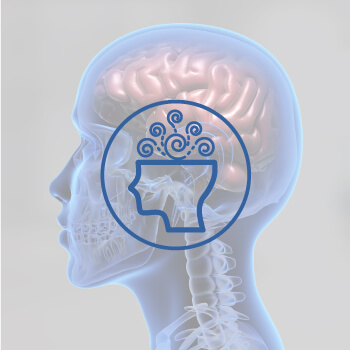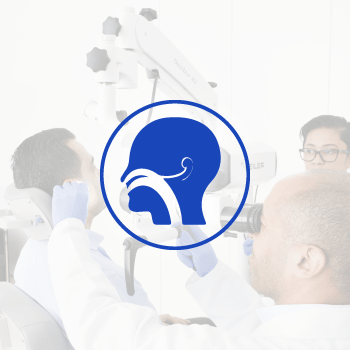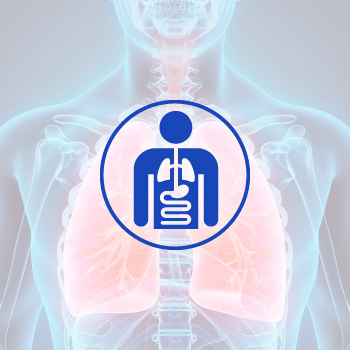ALLERGY & IMMUNOLOGY
- Allergy and Asthma program involves the management of children and adult disorders related to the immune system including asthma and other allergy-related conditions.
- A team composed of many specialists in pulmonary medicine, ENT, dermatology and pediatrics will coordinate closely the management of allergic patients.
- Common Allergies:
- Conditions We Treat:
- Tests and Diagnosis:
- Treatment:
- Food Allergies:
- Common triggers include peanuts, tree nuts, milk, eggs, wheat, soy, and shellfish.
- Environmental Allergies:
- Pollen from trees, grasses, and weeds
- Dust mites
- Mold spores
- Animal dander
- Insect Sting Allergies:
- Reactions to bee stings, wasp stings, or ant bites
- Medication Allergies:
- Allergic reactions to certain medications
- Asthma, exercice-induced asthma, hypersensitivity pneumonitis and occupational lung disease
- Allergic rhinitis, sinusitis
- Urticaria, atopic dermatitis, contact dermatitis, angioedema
- Food allergy
- Medication allergy
- Insect sting allergy
- Education and allergen avoidance
- Pharmacotherapy: depends on the type of allergy(anti-histamines, bronchodilator, nasal spray, topical creams, leukotriene inhibitors)
- Biological therapy for severe asthma
- Allergen immunotherapy (desensitization): Immunotherapy is the practice of administering gradually increasing doses of an allergen extract (e.g. pollen, dust mite, mould, pet dander) in order to reduce the symptoms of the allergic rhinitis (known as hayfever), eczema or asthma that it causes. Immunotherapy was first carried out almost 100 years ago and is now in widespread use around the world. It is sometimes referred to as ‘allergy vaccination’ or ‘desensitisation’.
- Skin Prick Test: The skin prick test is one of the main diagnostic allergy tests for allergic problems of the nose, eyes, grass, mould, dust and animal allergies (hay fever), allergic rhinitis, conjunctivitis, food allergies and drug allergies. It is very safe and can be done in adults, children and even very small babies. It is not painful as a small pricker just scratches the upper layer of the skin with a drop of allergen.
- Patch Test: Patch testing is used to detect allergic contact dermatitis (type IV hypersensitivity reaction). This includes allergy to hair dye, shoes, active ingredients, preservative and fragrances in sunscreens, cosmetics and medicaments. The allergic reactions usually appear 2 to 4 days after applying the allergen on the skin but it can take up to a week to react.
- Blood Test: is used to see if an individual’s blood contains antibodies for a specific substance, such as peanuts or pollen. These antibodies are called immunoglobulin E, or IgE antibodies.
- Spirometry, lung function testing, FeNo Test: these tests measure your breathing to diagnose and identify the severity of asthma.
- x rays and CT scans

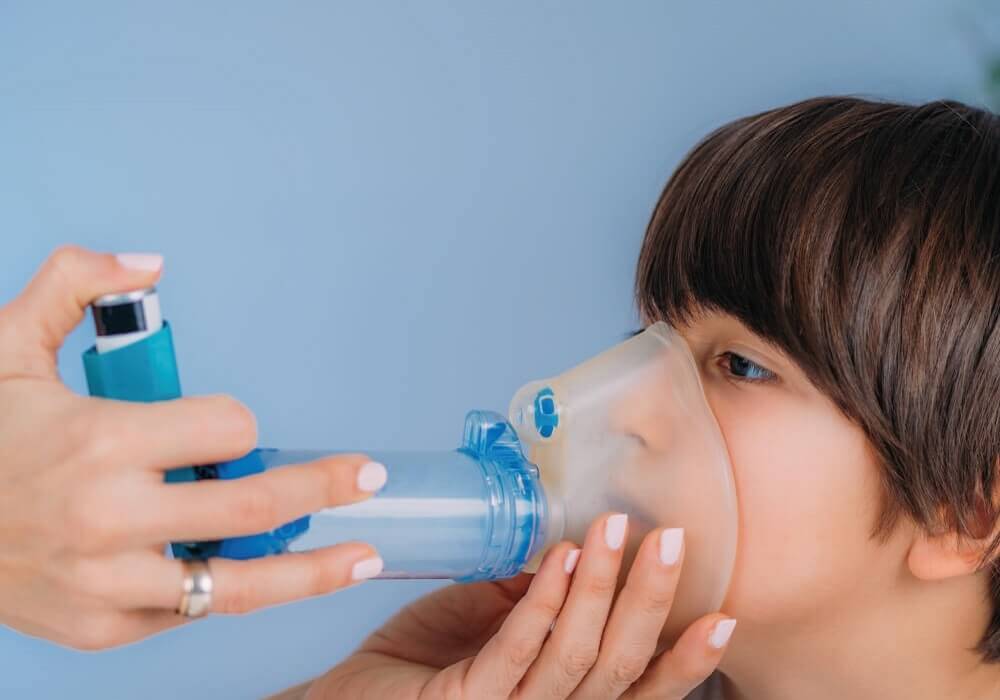
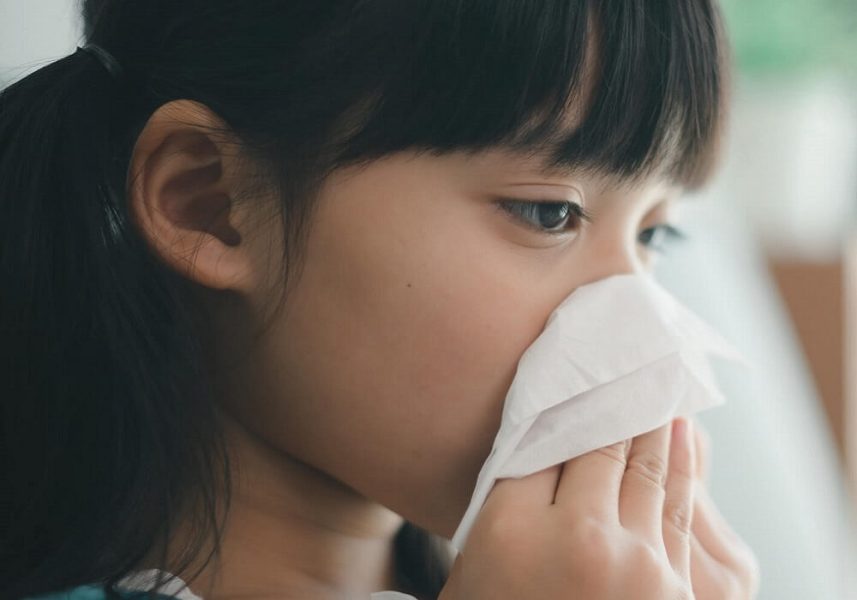
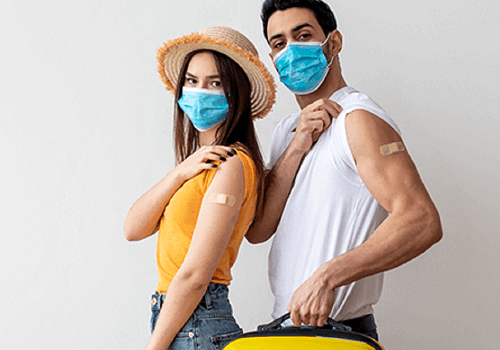












 أنقر هنا
أنقر هنا أنقر هنا
أنقر هنا
